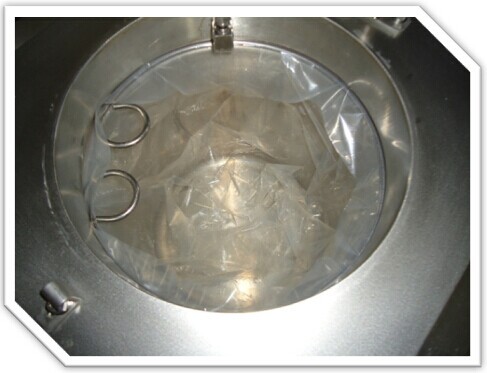Cyclic Peptide Formation in Reduced Solvent Volumes via In Things To Know Before You Buy


Water-Based and Solvent Recycling from ONSITE Recycling Services, LLC
Not known Facts About Solvent Recycling for 3D Printers With Sidewinder Power
Services, nevertheless, are most likely more concentrated on handling difficult times in a period of financial austerity and slump, so are these challenges compatible and, politically, should the environment take a back seat? To that question the European Solvents Recycler Group (ESRG) responses certainly not. This Author has actually long promoted that the recycling of solvents makes an important contribution to resource effectiveness and sustainable development.

What is solvent recycling? - KOBEX Co.,Ltd.
These broadly were broken down into three locations: Ecological and climate strength Sustainable, low-carbon growth Human health and well-being Particularly essential to the chemicals industry under ecological strength are air and water contamination problems. Sustainable growth concentrates on greenhouse gas emissions, resource usage and waste generation/management, while human health works on managing chemicals.

Solvent Recycler,made in China by HongYi,Safe and reliable.
The benefits of recycling solvents include a high rate of recovery, in the order of a minimum of 75%, meaning that the top up of a procedure depending upon their usage is meaningfully lowered to the order of 25% and listed below. So if all is well here, can we simply state so and forget the matter? ESRG states no and believes that a variety of individually well-meaning pieces of EU legislation with principled goals show that when integrated they paradoxically can be disadvantageous.
Little Known Questions About Solvent Recycling - Columbia - Research - Columbia University.
The revised Waste Structure Regulation (r, WFD) (2008/98EU) sets out to motivate lowered waste production and where it undoubtedly emerges to manage it responsibly. To do this it sets out descriptions that describe what waste is, however this can easily lead to legal unpredictability with viewpoint at a comprehensive level extremely variable throughout the EU member states.

This is a crucial point if recycled materials are to be easily traded throughout EU frontiers, for wastes and items are managed very differently. The r, WFD also has a key feature because it sets out a waste hierarchy convention encouraging after prevention and reuse aspects, the recycling of materials that are then offered a concern over energy healing (combustion) or other disposal alternatives.
